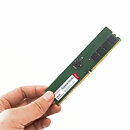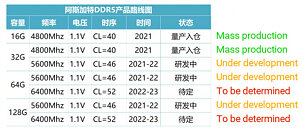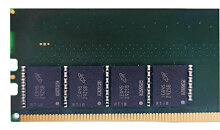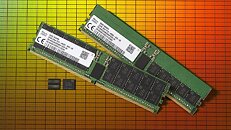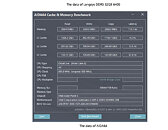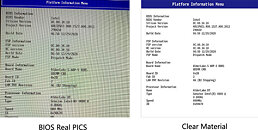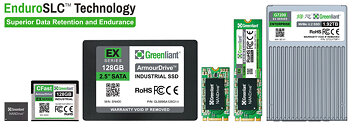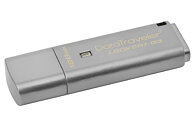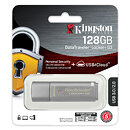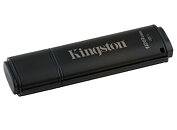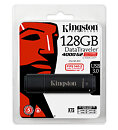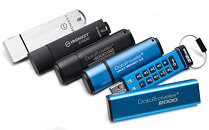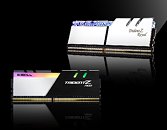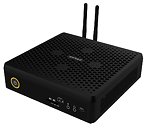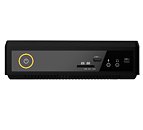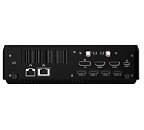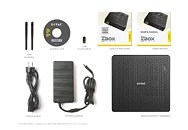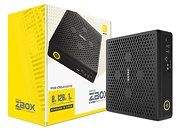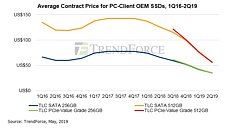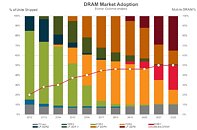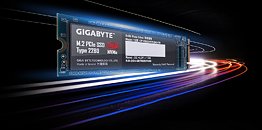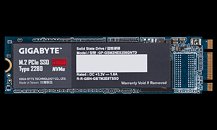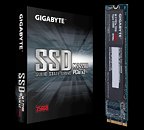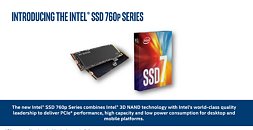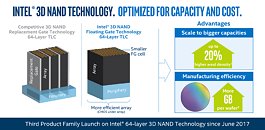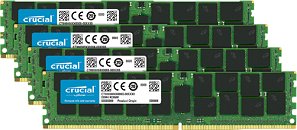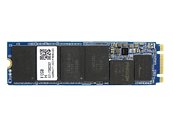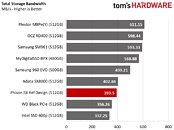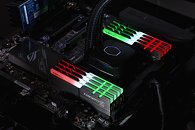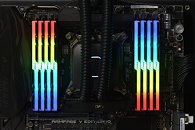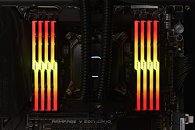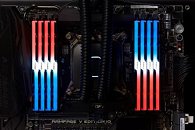
Apple debuts iPhone 14 Pro and iPhone 14 Pro Max
Apple today announced iPhone 14 Pro and iPhone 14 Pro Max, the most advanced Pro lineup ever, featuring the Dynamic Island—a new design that introduces an intuitive way to experience iPhone—and the Always-On display. Powered by A16 Bionic, the fastest chip ever in a smartphone, iPhone 14 Pro introduces a new class of pro camera system, with the first-ever 48MP Main camera on iPhone featuring a quad-pixel sensor, and Photonic Engine, an enhanced image pipeline that dramatically improves low-light photos. These groundbreaking advancements make iPhone even more indispensable for everyday tasks, creative projects, and now even emergency situations with features such as Emergency SOS via satellite and Crash Detection. iPhone 14 Pro and iPhone 14 Pro Max will be available in four gorgeous new finishes: deep purple, silver, gold, and space black. Pre-orders begin Friday, September 9, with availability beginning Friday, September 16.
"Our customers count on their iPhone every day, and with iPhone 14 Pro and iPhone 14 Pro Max, we're delivering more advancements than any other iPhone. iPhone 14 Pro introduces a camera system that empowers every user—from the casual user to the professional—to take their best photos and video, and innovative new technologies like the Always-On display and the Dynamic Island, which offers new interactions for notifications and activities," said Greg Joswiak, Apple's senior vice president of Worldwide Marketing. "Groundbreaking safety capabilities bring users even more security, offering help when they need it most. And with the incredibly powerful and efficient A16 Bionic chip and all-day battery life, this is the best iPhone yet."
"Our customers count on their iPhone every day, and with iPhone 14 Pro and iPhone 14 Pro Max, we're delivering more advancements than any other iPhone. iPhone 14 Pro introduces a camera system that empowers every user—from the casual user to the professional—to take their best photos and video, and innovative new technologies like the Always-On display and the Dynamic Island, which offers new interactions for notifications and activities," said Greg Joswiak, Apple's senior vice president of Worldwide Marketing. "Groundbreaking safety capabilities bring users even more security, offering help when they need it most. And with the incredibly powerful and efficient A16 Bionic chip and all-day battery life, this is the best iPhone yet."



























